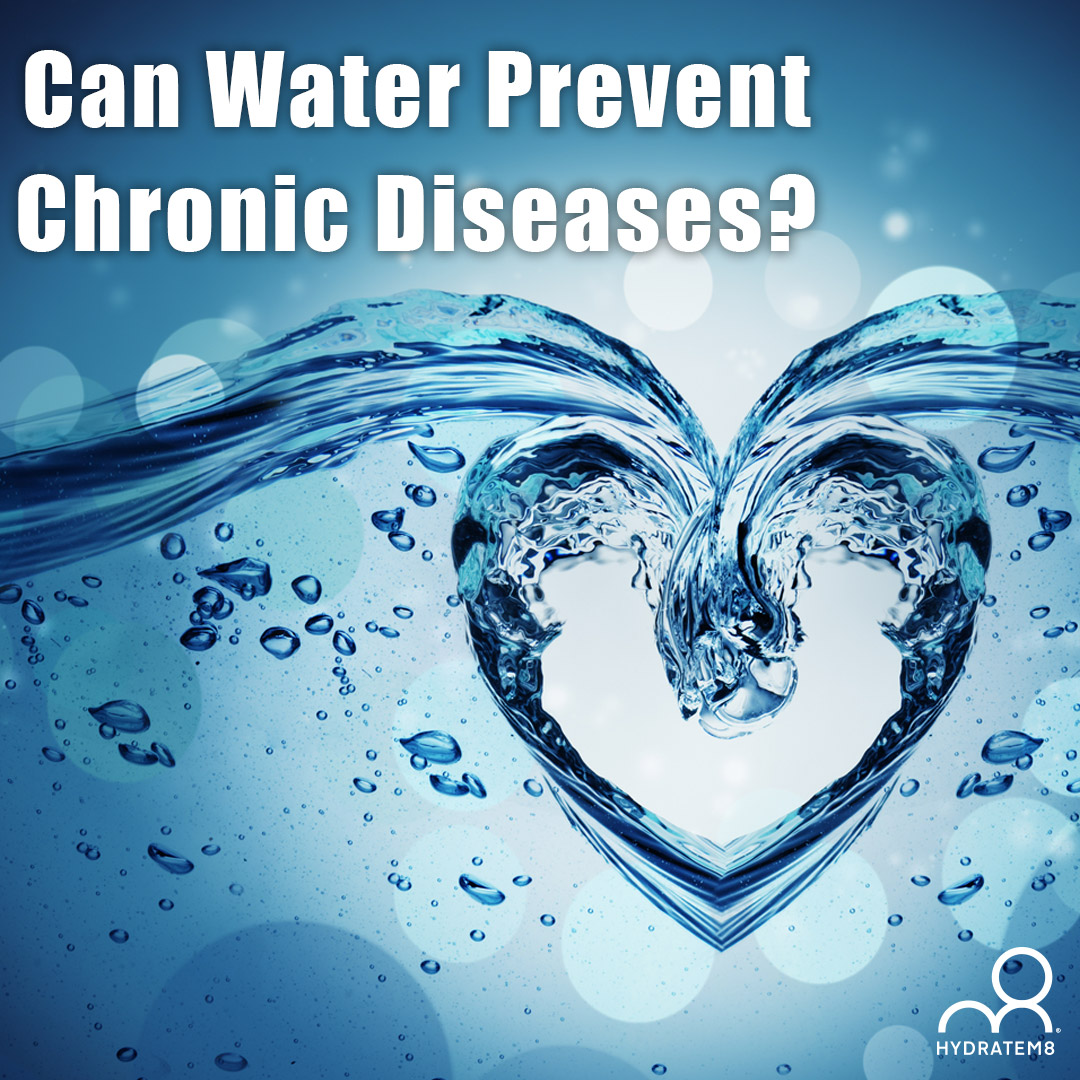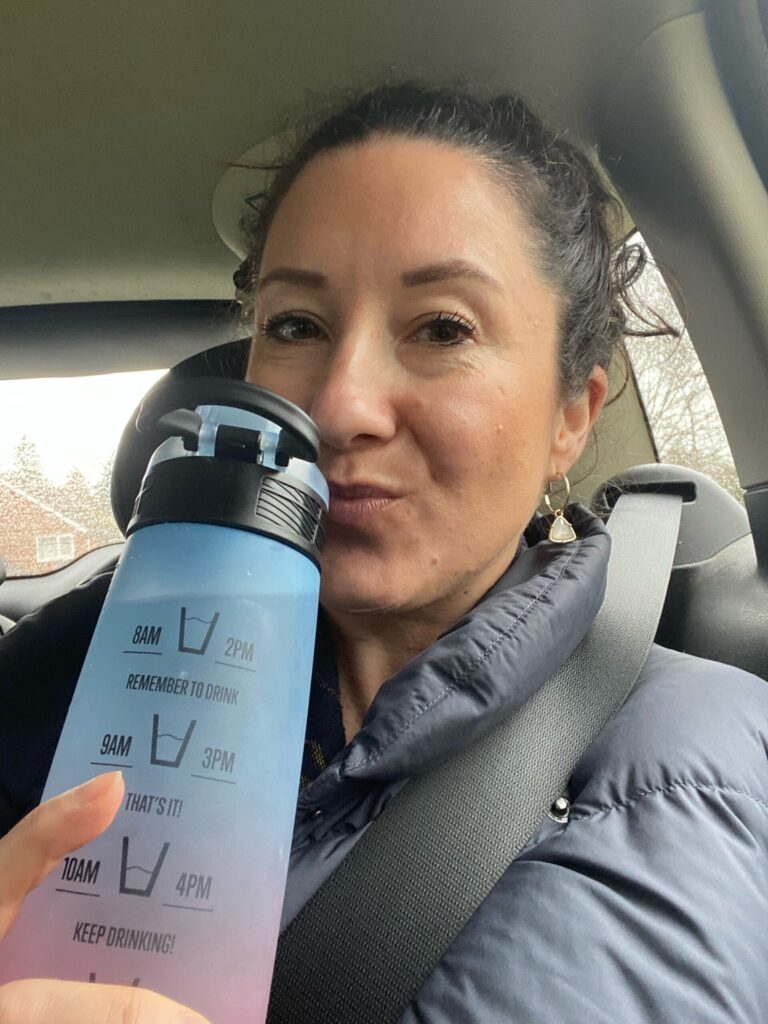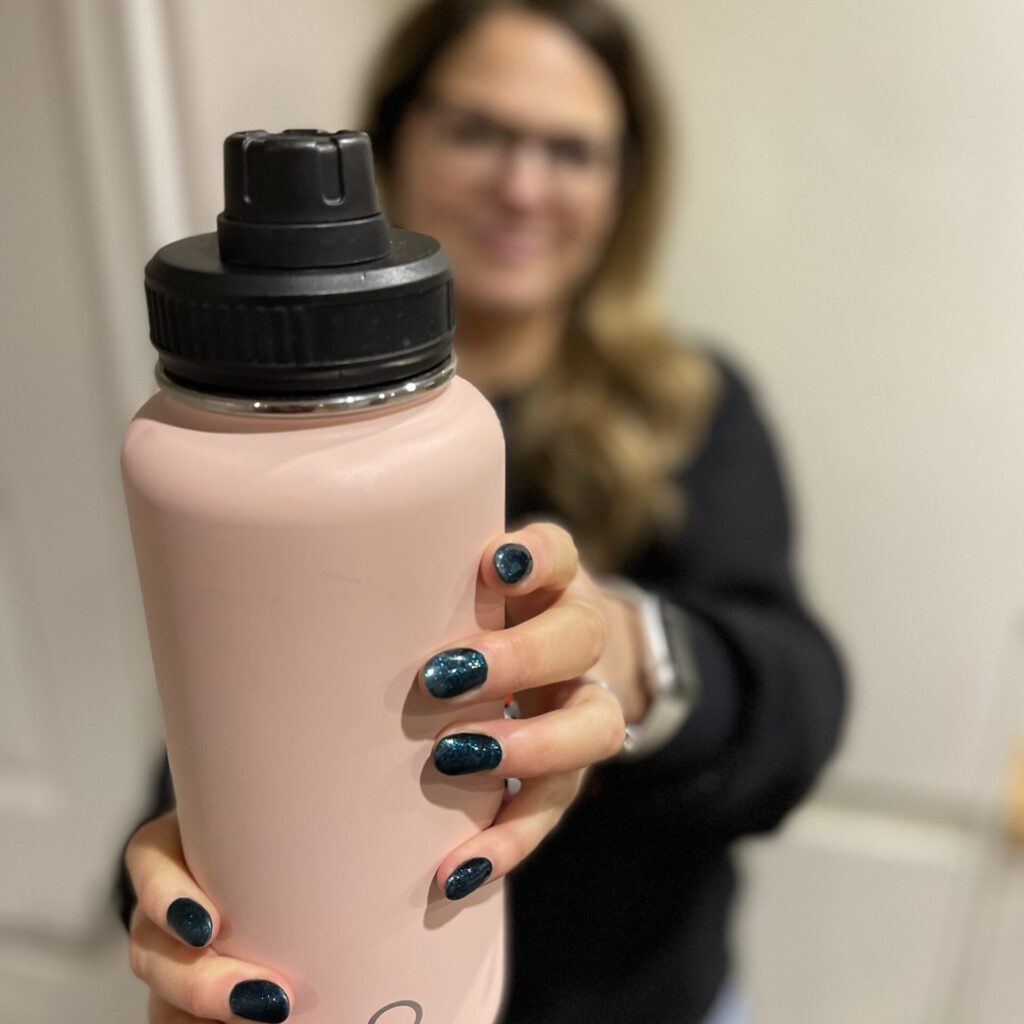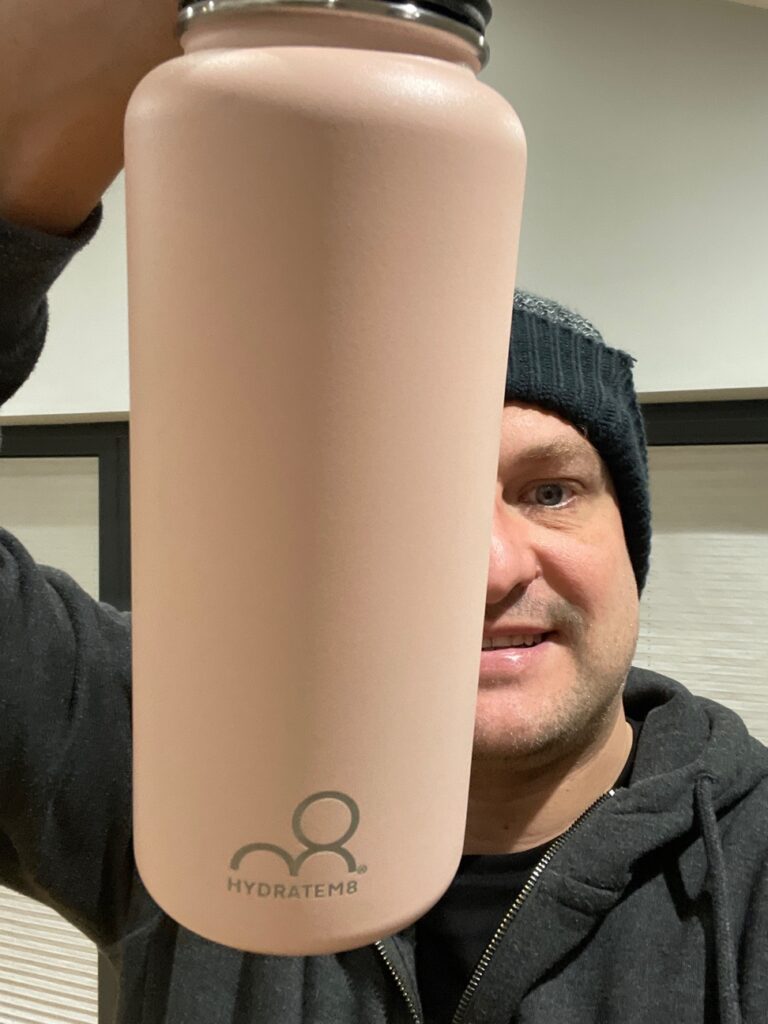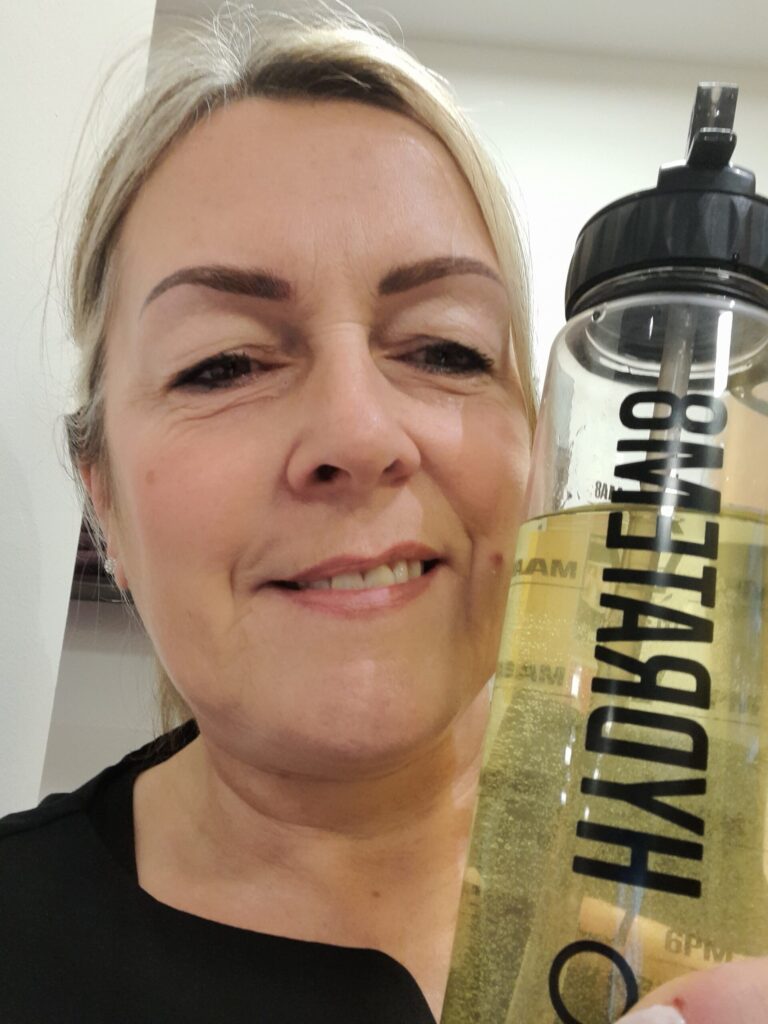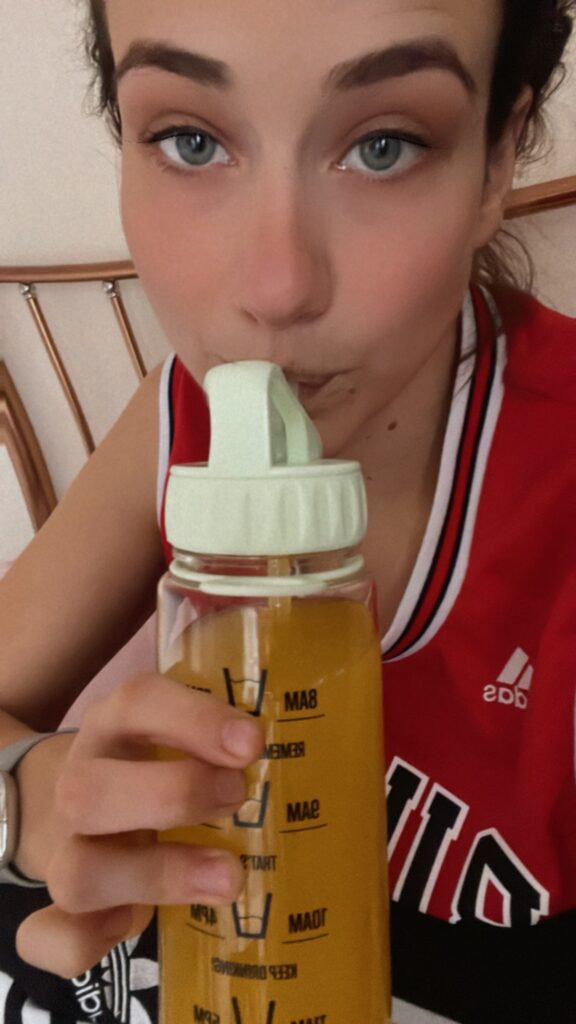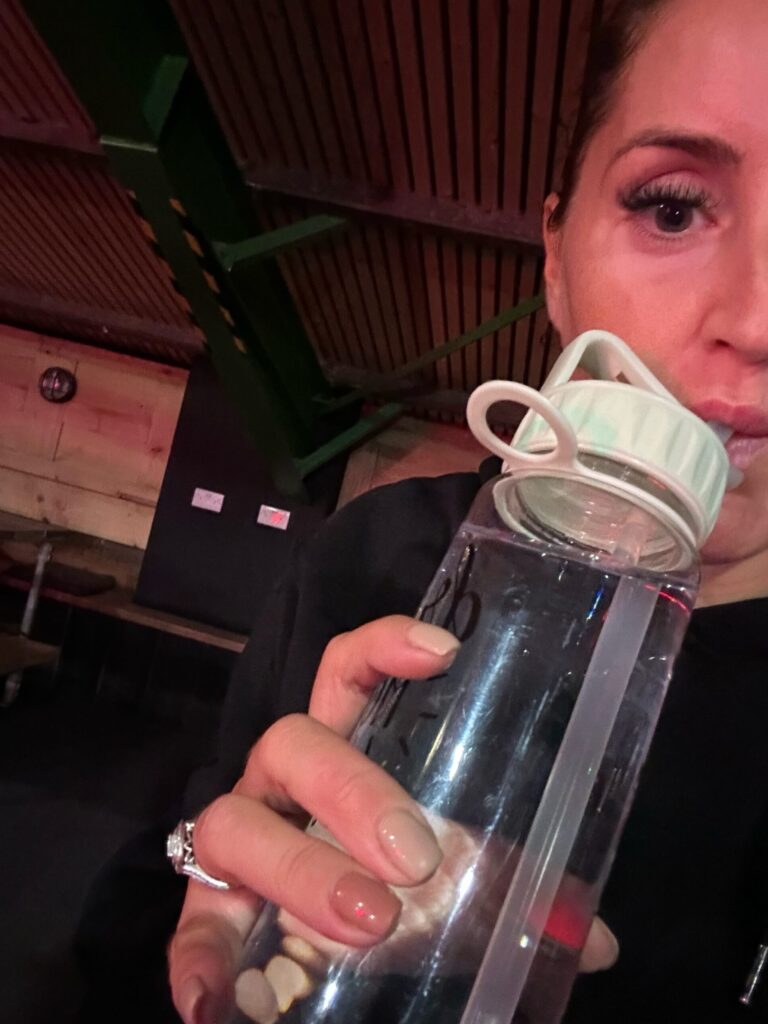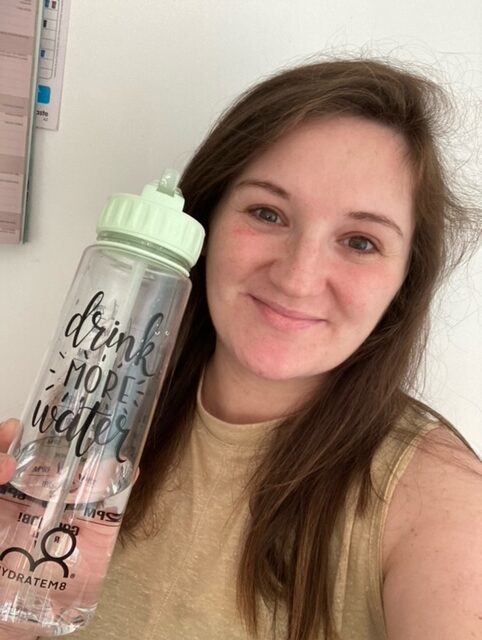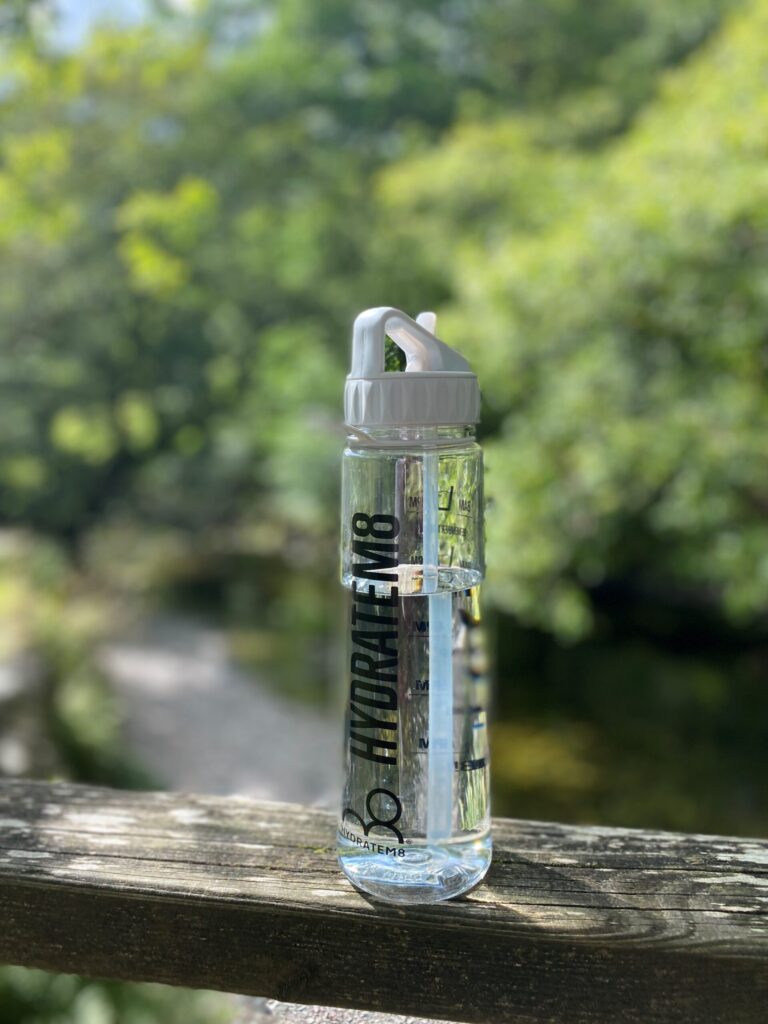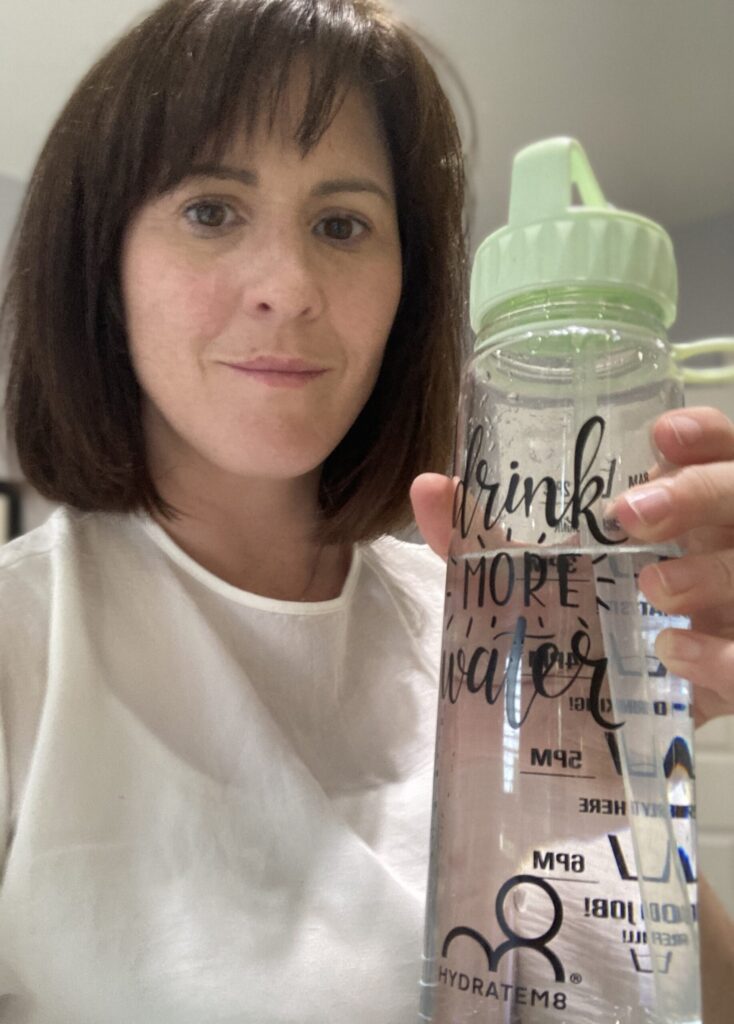The Importance of Water in Preventing Chronic Diseases
The benefits of water are vast and most of us know the importance of hydration to prevent dehydration and its nasty side effects. Most know that if you haven’t drunk enough water your body might let you know through signs like thirst, headaches and a dry mouth, but what about more serious illnesses? Can staying on top of our water intake really protect us from disease?
How important is water?
When it comes to nutrients water is hands down the most important for your body. In extreme situations, your body can survive for longer without food than it can without water.
Good hydration is associated with good health. It is essential for life and is associated with:
- Increased physical and cognitive performance
- Reduced risk of delirium
- Better gastrointestinal function – reduced risk of constipation
- Better kidney function
- Reduced risk of headaches
- Better skin condition
These are just a few of the reasons why drinking water is good for your health, even just in the short term. But it shouldn’t be underestimated when it comes to your long-term health either.
Water and chronic disease
A chronic disease is a condition or illness which lasts for a prolonged period. However, there is a large variation in the use of the term. For example, some organisations label a chronic disease as one which lasts at least 3 months whereas others use it to describe a long illness with a slow progression.
Drinking water and staying hydrated is associated with a reduced incidence of urinary tract infections (UTIs), lower blood pressure and heart disease. Therefore, drinking water is essential for good heart health.
Although there appears to be no definitive evidence that water can prevent chronic diseases, it functions within a healthy lifestyle is important.
Healthy lifestyle
Water on its own is not enough to keep you healthy, it can keep you alive, yes, but if you want to live a long and fulfilling life, it’s essential to lead a healthy lifestyle. That includes the foods you eat, the beverages you drink and how active you are in your daily life, all these factors can have an impact, both positive and negative on your overall health.
Diet is a vital aspect of your lifestyle and eating a healthy, balanced diet is key. Eating and drinking more than you need can cause weight gain because it will be stored as fat. It works the other way around too, eat too little and you can lose weight.
You can improve your diet by making some small changes. Here are some handy tips:
- Base your meals on starchy carbohydrates which are high in fibre like brown rice, potatoes or whole wheat pasta
- Try to get at least 5 portions of fruit and vegetables every day. One portion is 80g and that includes fresh, frozen, canned and dried fruit and veg
- Incorporate at least 2 portions of fish into your diet with at least one oily fish like mackerel, salmon, pilchards and sardines
- Reduce your salt intake less than 6g per day
- Limit your sugar intake because consuming lots of sugar increases the risk of obesity
- Stay hydrated – if you feel thirsty that’s the first sign of dehydration. So, take small sips throughout the day
It’s not just healthy eating either, you need to stay active. Regular exercise reduces your risk of developing illnesses. The government states that adults should:
- Aim to complete some physical activity each day, even a little exercise is better than none
- Complete at least 150 minutes of moderate-intensity activity or 75 minutes of vigorous activity every week
- You should also complete some strength-based activities on 2 days each week
Summary
Water is the most important nutrient for the body. It has many benefits for your health and helps to protect you from illness and disease. Water is also an essential part of a healthy lifestyle.
Sources
Bernell, S and Howard, S, W. (2016). Use Your Words Carefully: What is a Chronic Disease? Front Public Health: 4.
National Health Service. (2019). Physical Activity Guidelines for Adults Aged 19 to 64. Available at: https://www.nhs.uk/live-well/exercise/
Popkin, B, M et al. (2010). Water, Hydration and Health. Nutr Rev: 68(8), pp 439-458.

